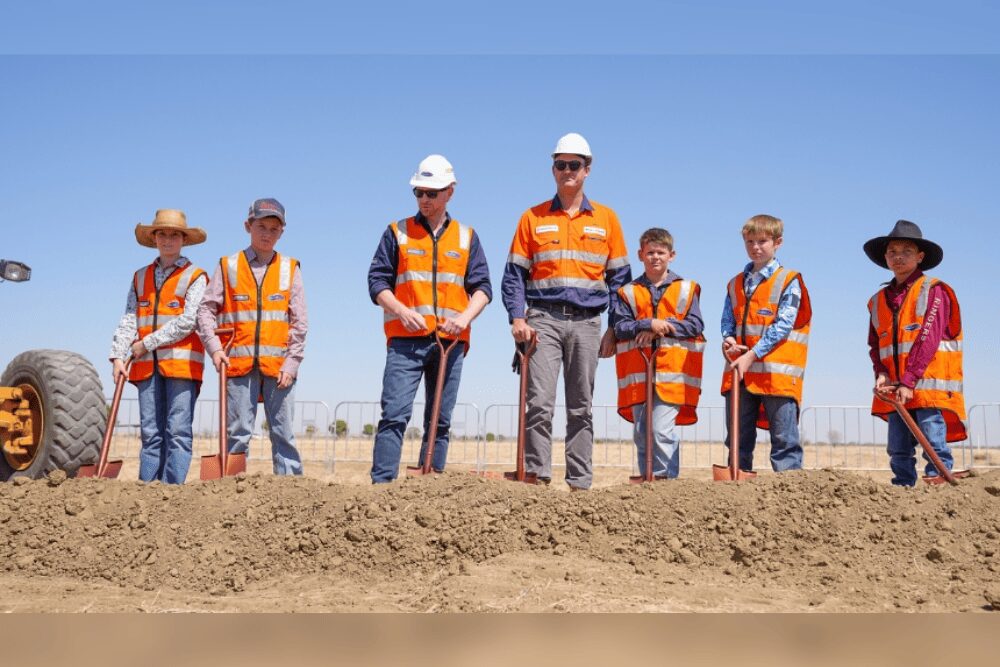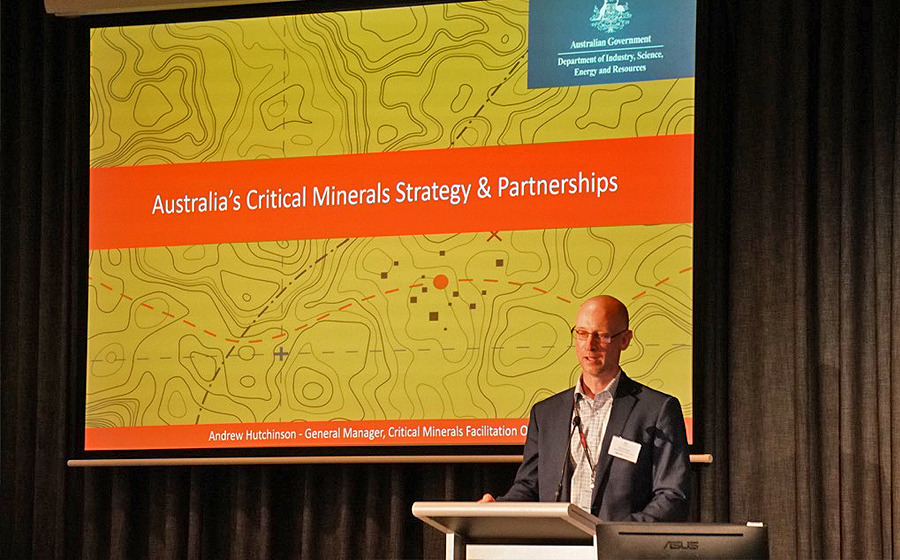
MaDiTraCe, a research and innovation project funded by the Horizon Europe programme, aims to develop digital and geo-based approaches for environment, social and governance (ESG) standards for critical raw materials.
Europe heavily relies on critical raw materials imports from third country suppliers, using extraction which is often unsustainable, but seeks to shape both resilient and sustainable supply chains.
Due diligence in the sustainable sourcing, extraction and processing of minerals is driven by societal and regulatory factors that put increasing pressure on the industry’s supply chain control.
As a result, the industry needs efficient, standardised certification systems that guarantee transparent insights into their supply chains.
To address this, an international team of universities, institutes and industry partners heading the MaDiTraCe project seek technological solutions to reinforce the reliability of critical raw material tracking.
The purpose of the project is to ensure sustainable and transparent mineral supply chains based on generally accepted ESG-standards.
The project will be focused on materials essential to energy transition: lithium, cobalt and natural graphite for batteries, and rare earth (magnets).
The MaDiTraCe digital approach seeks to consider the particularities and complexities of mineral supply chains while minimising the environmental impact and costs.
Indeed, the existence of numerous aggregation points (mixing of ores of different origins, including artisanal small-scale mining) and transformation (processing refining) along the mineral supply chains have been recognised as challenges for their digitalisation.
MaDiTraCe involves a strong stakeholder process with upstream and downstream industrials, from mining to manufacturing industry and large networks involved via the consortia and clusters participating in the project.
Continuous interaction with this industrial and policy-oriented stakeholder community on the traceability technology and certification schemes developed in the project will remain in line with industrial needs and expectations concerning regulatory compliance. It will also facilitate implementation and usage of the project outcomes.
The project will run for three years, until December 2025, and has a budget of €11,024,752.50 (approximately AU$18.2 million).









